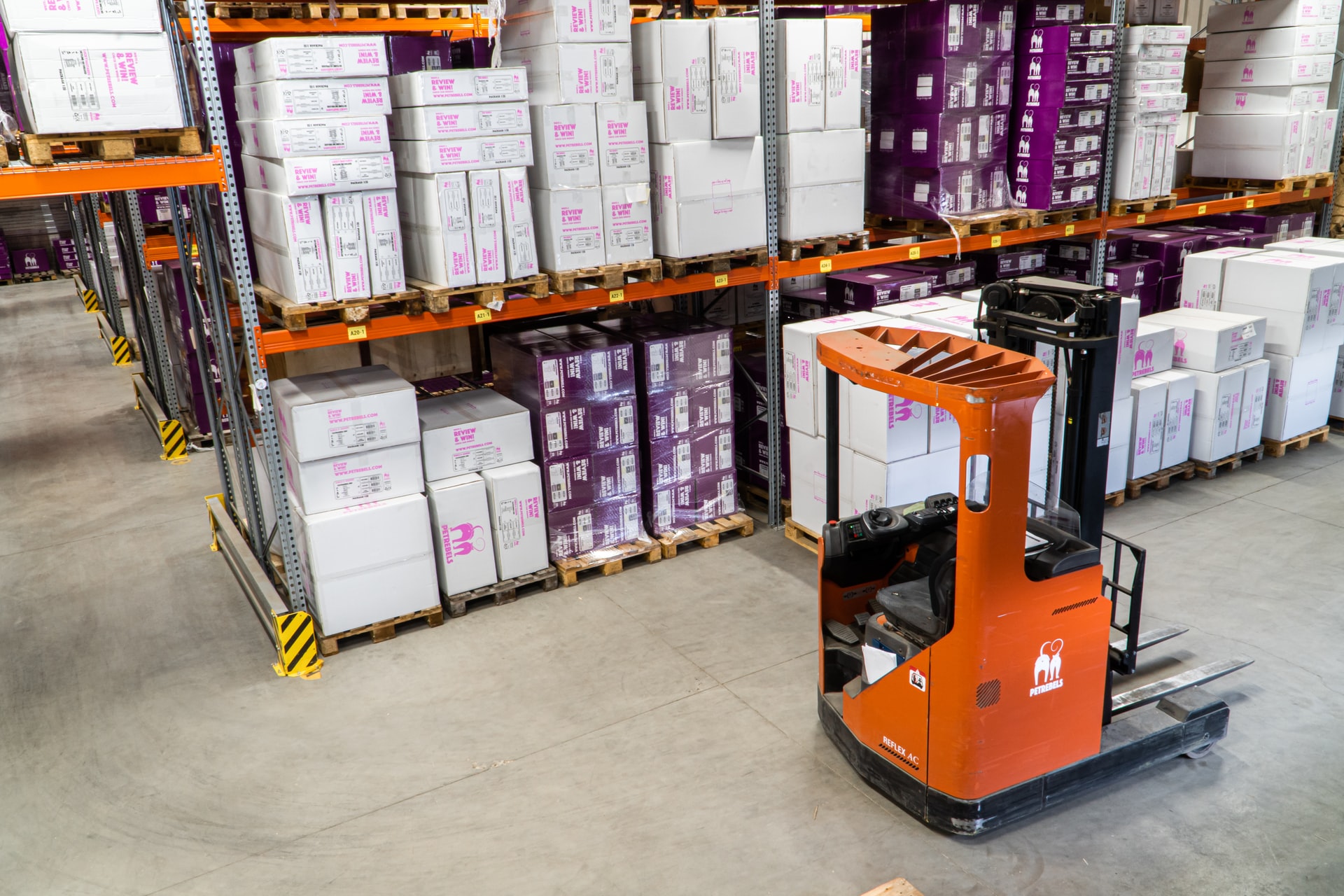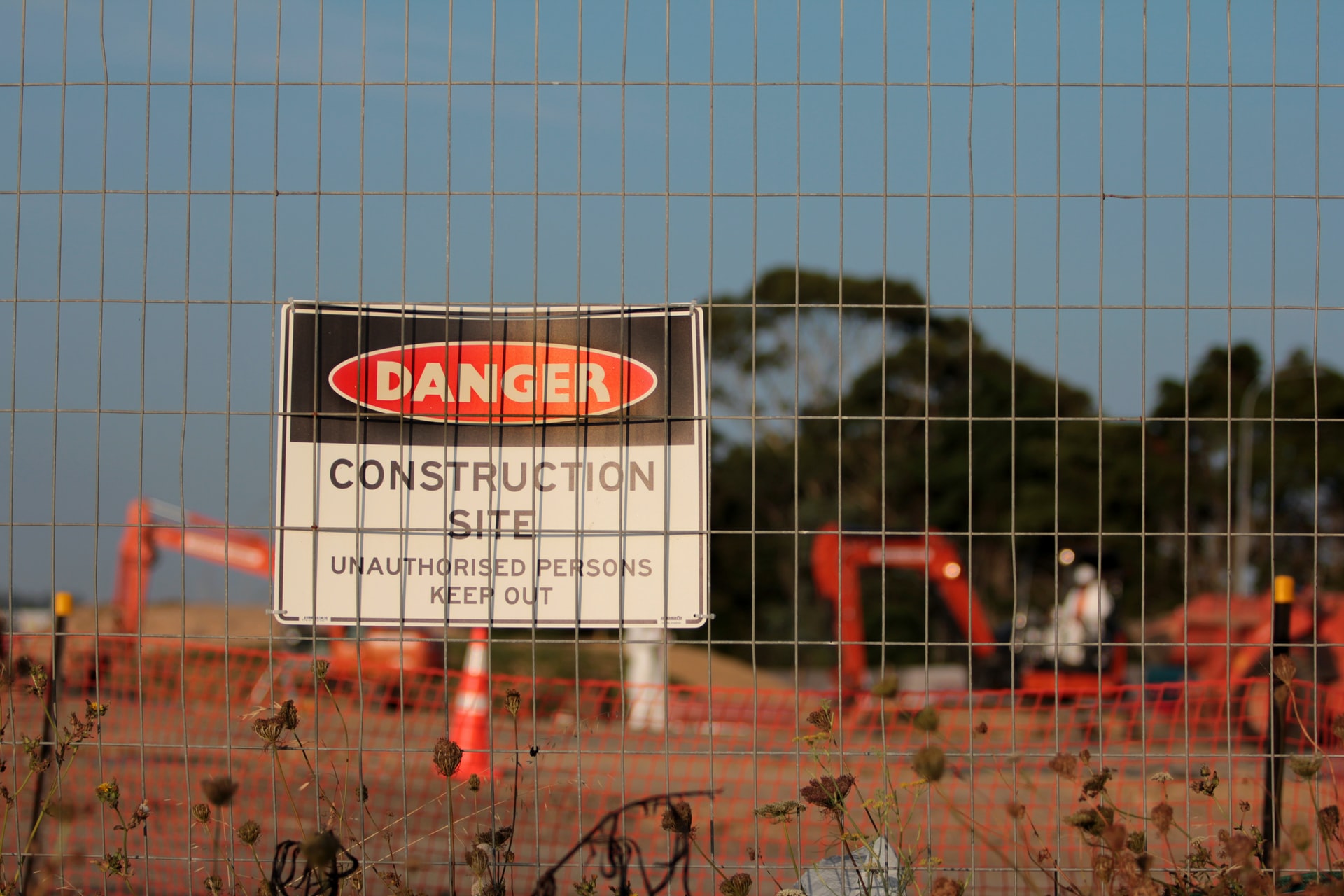Behind the scenes and internal problems of manufacturing companies in the last year suddenly started to hit the headlines. Parts shortages, supply problems, responsible sourcing of components. For insiders, these issues begin to interest consumers, and even worse, influence their purchasing decisions.
Once the Chinese ship is stuck in port
In recent years, Polish companies have had to deal first with the disruption of the supply chain from China, and then with the Blockade of the Suez Canal. The situation was also not improved by periodic plant closures, which resulted in many production companies having problems with the liquidity of supplies. Empty shelves and long waiting times for shipments they are not an anomaly today. When we confront the high expectations of customers who want to shop quickly, we get a very difficult situation.
First, it's worth it implement appropriate mechanismsthat prevent unexplained delivery downtime. Supply chain management is beginning to be used by smaller and smaller companies that want to control what happens with their shipments.
The second step may be cooperation with a public relations agencywho understands the specificity and problems of manufacturing companies. It is important that in a time of crisis it is clear to your customers that you are struggling with an industry-wide problem and that you are not failing because of your own slowness.
It's worth it too adjust the current delivery times and other parameters on the websiteso that the client always has the latest information and can make informed choices. In the case of stores, it is worth modifying delivery times or the functioning of the warehouse so as not to allow visual chaos to arise. Its symptoms are e.g. empty shelves, a mess in the store, etc.
Remember that such images viral spread around the web. Sometimes a photo showing a temporarily empty shelf in a store causes complete chaos among customers. An example of such fatal misunderstandings was seen in March 2020, when panicked Poles massively bought up toilet paper, which was supposed to end soon. To some extent, such crises can also be dealt with through ongoing monitoring of information about the company in the network.

Problems of production enterprises and (changing) regulations
Recent years have also been - not only in Poland - legislative fever. The constant introduction of new laws, requirements and limits affects more and more industries. Hence the image-related problems of production companies. Customers are not sure whether a given company is already operating legally and whether it has adapted its products to new procedures. A good example is the fireplace industry or combustion engine cars. Apart from people who closely follow the legislation, no one knows when exactly they are to be withdrawn from sale and which models are affected. Customers are afraid that they will buy an expensive item, and in a few years it will not be possible to use it anymore. A similar situation occurred during the pandemic. Customers were not sure if the gym or beauty shop was working, so some of them skipped the visit.
Perhaps the only thing that can be offered to owners of manufacturing enterprises with this type of problem is keeping your customers informed about the situation. In this case, thoughtful entries and traditional press releases work better than hot-written social media posts. Business owners sometimes share their frank horror or confusion as regulations change from moment to moment. It also confuses the customers themselves.
It would be better to use a traditional instrument from the scope public relations. That is get out of the problem and offer a solution right awaye.g. informing about new opening hours, procedures, prices. This is a much better solution than hiding these details from customers so as not to upset them. It is worth remembering that today customers who call or come to the company are only some of those who have previously checked information about the company on the Internet. If they did not find satisfactory data on social media or on the website, they could opt out of the company's services.
Problems of manufacturing enterprises that produce in China
Today, most of the products of Polish companies are wholly or partially produced in China. Sometimes it's just about components or packaging. It cannot be concealed, however, that not only the Polish economy relies more and more on the Chinese partner. It's worth it take care of the quality offered by suppliers and ask about the conditions that prevail in the plants. The history of the Polish clothing company LPP proves that carelessness can take revenge on the entrepreneur. The company produced at a plant in Bangladesh, which collapsed in 2013, burying workers under the rubble. Since then, the concern has been careful to talk a lot about business responsibility. He has invested in improving working conditions with his Asian partners.

What to do to avoid such problems? The manufacturing company can check in advance what conditions prevail in the Chinese factories from which the components and parts come. Good practices should be praised and publicized. If, on the other hand, the audit finds irregularities, it will be possible to change the supplier or fix the problem before the public comes up with it.
You do not know what to do in a crisis situation?
Crisis management is our specialty!
Communication problems of production enterprises
The last big problem of production companies is the segmentation of communication for different customer groups. You can and even have to have communication strategy separately for people from the industry, and completely different for customers or decision makers. In this way, doubts and concerns can be shared in an industry newsletter or forum. At the same time, a consistent and valuable message flows to outsiders.
It is natural that any target group needs a slightly different language and message. For example, it is worth reaching decision-makers with information on possible problems in production companies resulting from one regulation or another. At the same time in the sewers social media whether the newsletter can be reassured by offering them factual explanations. In the face of a crisis situation, it may be a good idea explanation of the most pressing issues in a separate blog entry, YouTube video, post or FAQ on the website. Certain questions may be repeated over and over again, and the owner of the company makes everyday life easier for himself by preparing a place to which people with a specific doubt or problem can be sent.

